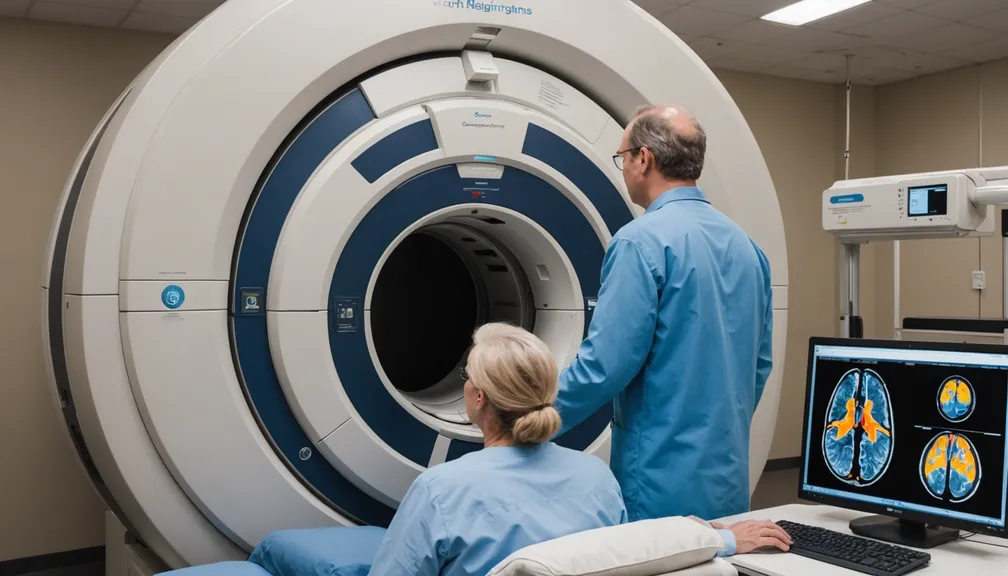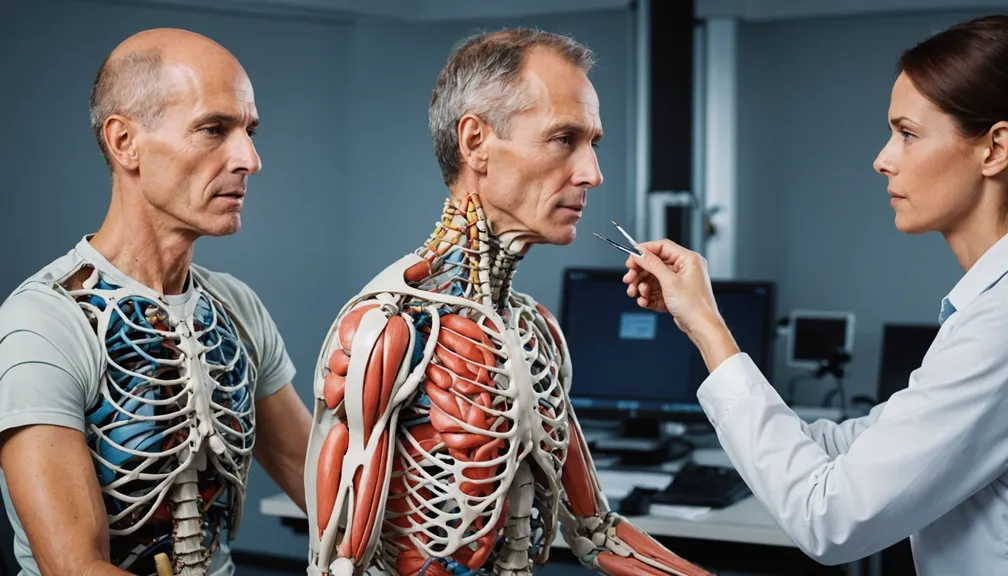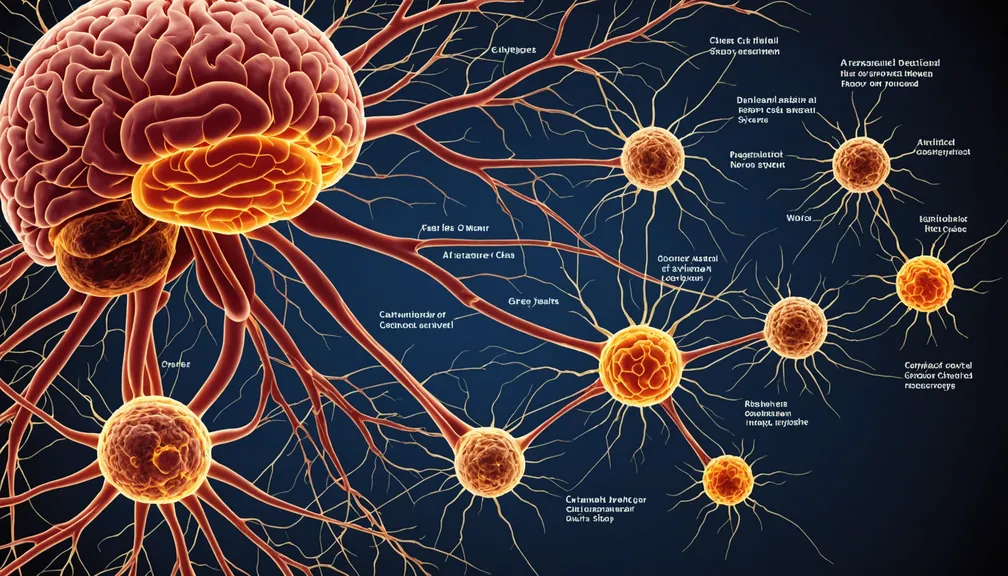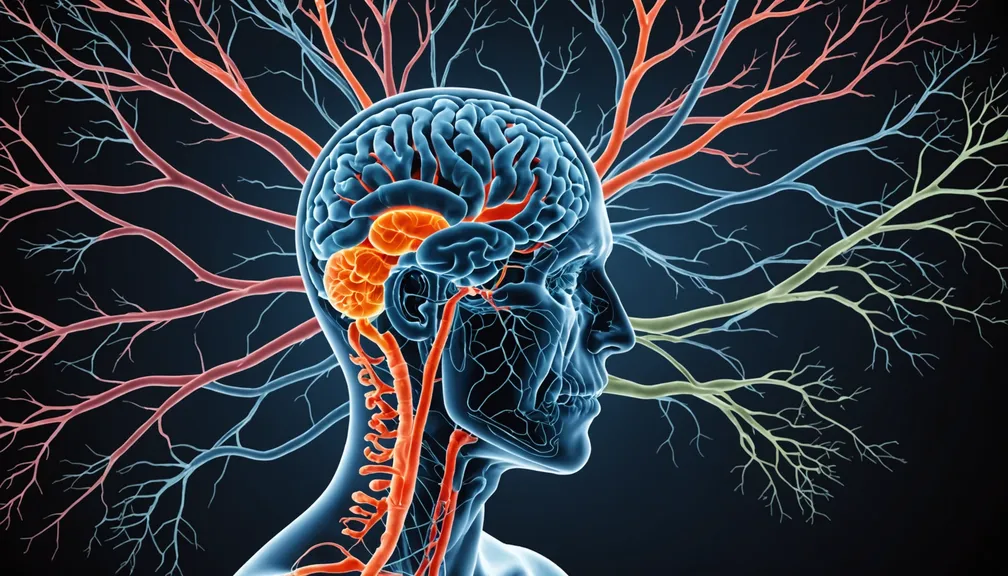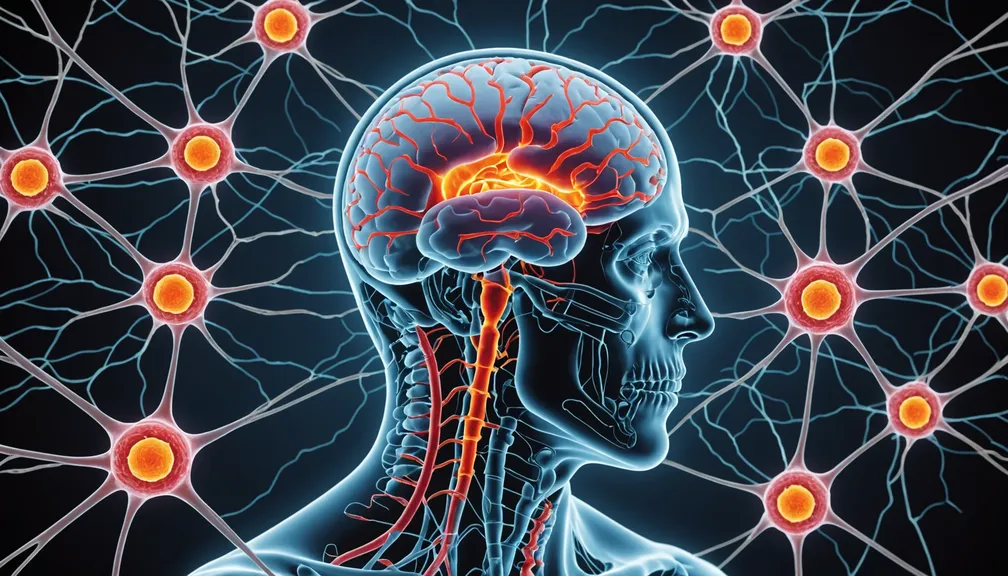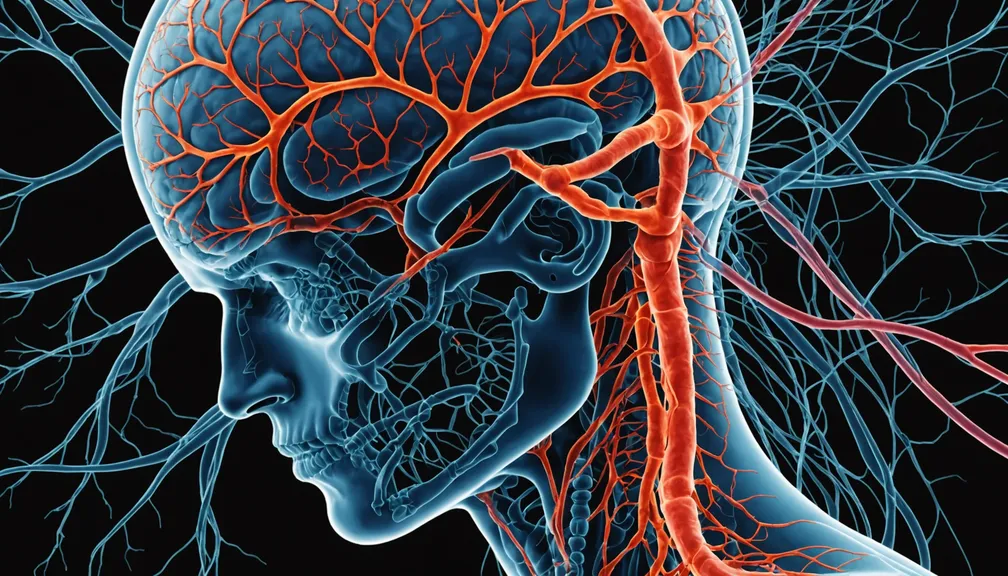Understanding Nervous System Cancers: An Overview
What Are Nervous System Cancers?
Nervous system cancers are rare types of cancer that develop in the brain, spinal cord, or peripheral nerves. These cancers can disrupt the normal functioning of the nervous system, leading to a variety of symptoms and requiring specialized treatment approaches.
Common Types of Nervous System Cancers
- Gliomatosis Cerebri: A rare and aggressive cancer that spreads extensively within the brain.
- Olfactory Neuroblastoma: Originates in the olfactory nerves responsible for the sense of smell.
- Peripheral Nerve Sheath Tumors: Develop in the protective lining of the nerves outside the brain and spinal cord.
Symptoms and Early Signs
Recognizing the symptoms early can lead to more effective treatment. However, symptoms vary depending on the cancer's location.
General Symptoms
- Headaches: Persistent or worsening headaches.
- Seizures: New or unexplained seizures.
- Fatigue: Unusual tiredness that doesn't improve with rest.
Symptoms Based on Cancer Location
- Brain Tumors:
- Changes in vision or hearing.
- Difficulty with balance or coordination.
-
Cognitive or personality changes.
-
Spinal Cord Tumors:
- Weakness or numbness in limbs.
- Difficulty walking.
-
Loss of bladder or bowel control.
-
Peripheral Nerve Cancers:
- Pain, tingling, or numbness in specific areas.
- Muscle weakness or atrophy.
Causes and Risk Factors
While the exact cause of nervous system cancers is often unclear, certain factors may increase the risk.
Genetic Factors
- Inherited Syndromes: Conditions like Neurofibromatosis can predispose individuals to nerve sheath tumors.
- Family History: A family history of nervous system cancers may elevate risk.
Environmental Exposures
- Radiation Exposure: Previous radiation therapy to the head or spinal area.
- Chemical Exposure: Contact with certain chemicals or toxins.
Other Risk Factors
- Age: Some nervous system cancers are more common in specific age groups.
- Gender: Certain types may affect males or females more frequently.
- Immune System Status: Weakened immune systems can increase cancer risk.
Diagnosis Process
Diagnosing nervous system cancers involves several steps to accurately identify the type and extent of cancer.
Medical History and Physical Exam
- Medical History: Discussing symptoms, family history, and potential exposure to risk factors.
- Neurological Exam: Assessing nerve function, reflexes, and muscle strength.
Imaging Tests
- Magnetic Resonance Imaging (MRI): Detailed images of the brain and spinal cord.
- Computed Tomography (CT) Scan: Cross-sectional images to identify tumors.
- Positron Emission Tomography (PET) Scan: Detects active cancer cells.
Biopsy and Pathology
- Biopsy: Removal of a small tissue sample for examination.
- Pathology: Studying cancer cells under a microscope to determine the exact type.
Treatment Options
Treatment for nervous system cancers is tailored to the individual, based on cancer type, location, and overall health.
Surgery
- Purpose: Remove as much of the tumor as possible.
- Considerations: Location of the tumor may affect surgical options and risks.
Radiation Therapy
- External Beam Radiation: Targets cancer cells with high-energy rays.
- Stereotactic Radiosurgery: Precisely delivers radiation to the tumor, minimizing damage to surrounding tissue.
Chemotherapy
- Systemic Treatment: Uses drugs to kill cancer cells throughout the body.
- Combination Therapy: Often combined with surgery or radiation for enhanced effectiveness.
Targeted Therapy
- Specific Targets: Focuses on specific molecules involved in cancer growth.
- Personalized Treatment: Tailored based on the genetic profile of the cancer cells.
Clinical Trials
- Experimental Treatments: Access to new therapies not yet widely available.
- Contribution to Research: Helps advance understanding and treatment of nervous system cancers.
Living with Nervous System Cancer
Managing life with a nervous system cancer involves addressing both physical and emotional challenges.
Managing Symptoms and Side Effects
- Pain Management: Medications and therapies to control pain.
- Physical Therapy: Helps maintain and improve mobility and strength.
- Occupational Therapy: Assists with daily activities and adapting to changes.
Emotional and Psychological Support
- Counseling: Professional support to cope with emotions and stress.
- Support Groups: Connecting with others facing similar challenges.
- Mindfulness and Relaxation Techniques: Practices like meditation to reduce anxiety.
Lifestyle and Daily Living
- Healthy Diet: Nutrition plans to support overall health and treatment.
- Exercise: Safe physical activities to maintain fitness and well-being.
- Rest and Sleep: Ensuring adequate rest to aid the body's healing process.
Support and Resources
A strong support system is crucial for navigating the complexities of nervous system cancers.
Multidisciplinary Healthcare Team
- Oncologists: Specialists in cancer treatment.
- Neurologists: Experts in the nervous system.
- Neurosurgeons: Surgeons specializing in brain and spinal surgeries.
- Radiation Oncologists: Specialists in radiation therapy.
- Nurses and Support Staff: Provide daily care and assistance.
- Rehabilitation Specialists: Help with physical and occupational therapy needs.
Support Groups and Counseling
- Peer Support Groups: Offer a sense of community and shared experiences.
- Professional Counseling: Provides strategies for managing emotional and psychological challenges.
- Educational Resources: Access to information about managing the disease and treatments.
Types of Healthcare Professionals to Consult
When dealing with a nervous system cancer, a team of specialized healthcare professionals can provide comprehensive care.
- Neuro-Oncologist: Focuses on cancers of the nervous system.
- Neurologist: Manages neurological symptoms and complications.
- Neurosurgeon: Performs surgeries on the brain, spinal cord, and nerves.
- Radiation Oncologist: Oversees radiation therapy treatments.
- Medical Oncologist: Coordinates chemotherapy and other systemic treatments.
- Nurse Practitioner: Provides ongoing care and support.
- Mental Health Professional: Assists with emotional and psychological well-being.
- Physical and Occupational Therapists: Aid in maintaining and improving physical function.
This overview aims to provide a comprehensive understanding of nervous system cancers, helping patients and their loved ones navigate diagnosis, treatment, and daily living with empathy and clarity.

